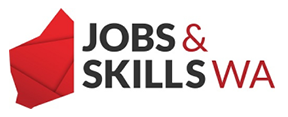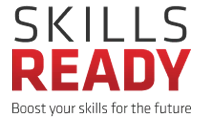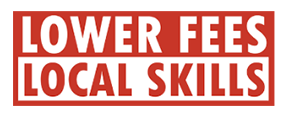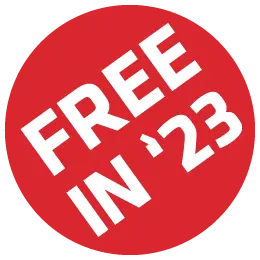With RPL we assess your competency based on formal, non-formal,
informal learning or direct work experience based on the required skills of
the course.
We use CT where you’ve completed units of study at another TAFE
College or Registered Training Organisation that meet the requirements of
another course. We grant credit according to the Certification, Issuing, and
Recognition of Qualifications and Statements of Attainment. Assessing a CT
is free.
If you’re eligible for RPL or CT you may be able to complete
the course in a shorter duration with reduction to total course fees.Check your eligibility with us.
What is a L – Portfolio?
L – Portfolio is a collection of work, skills and interests
(evidence) in an electronic format that showcases learning and experience
over time.
When you think about your L-Portfolio and the types of evidence
that it contains, it is important to think carefully about its purpose and
intended audience.
Your L-Portfolio may contain all or some of the following:
- Files of various formats (text, pictures, video, etc.)
- Evidence related to courses taken, programs of study, etc.
- Writing samples (which might include several drafts to show development
and improvement)
- Projects prepared for class or extracurricular activities
- Evidence of creativity and performance
- Evidence of extracurricular or co-curricular activities, including
examples of leadership
- Evaluations, analysis and recommendations
Uses of L-Portfolio
Recognition of Prior Learning application:
Our RPL tool is in the form of an L-Portfolio, and allows
students to put on record all their life experiences, interests and skills.
Not only will their academic achievement be listed out, but also any life
experiences that could potentially be taken into account for extra credit as
Recognition of Prior Learning. For instance, an individual who has taken
care of his or her bedridden parent has already gained valuable caregiver
experience, which could be chalked up against practical expertise and added
to their resume.
This L-Portfolio could be sent to employers when applying for
work, to universities while applying for extra credits through RPL, or in
any other ways to market their expertise.
Showcase/Professional L Portfolios
These L-Portfolios are used as a way to demonstrate (showcase)
the highlights of a student’s academic and professional career.
Learning Portfolios
These portfolios are typically created by a student as part of
a course as a way to demonstrate learning and the learning process. These
portfolios are often shared with other students to elicit peer feedback.
Learning portfolios support the idea of formative feedback as an essential
part of the learning process.
















